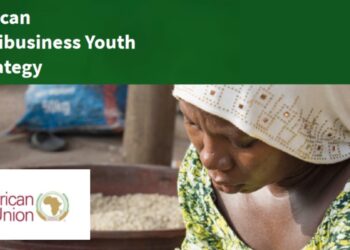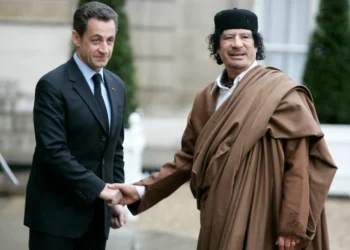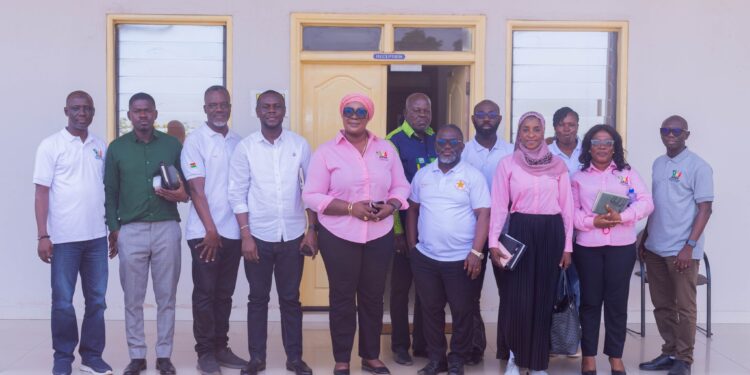A Ph. D candidate at the University of Nairobi, Kenya, Majune Kraido Socrates, has won the 2020 Trade Economist Thematic (TET) Award .
The Economist Thematic Award is a new competition for specific research organized by the World Trade Organization (WTO), with this year focusing on how the COVID-19 pandemic has affected trade and trade policy.
His paper, “The Effect of Lockdown Policies on International Trade Flows from Developing Countries: Event Study Evidence from Kenya” was praised by the Selection Committee. Mr. Socrates received a prize of CHF 5,000.
Mr. Socrates’ paper analyses how Kenya’s imports and exports were affected by lockdown measures that were imposed by trading partners to contain the spread of the virus. The analysis is based on a weekly series of product-by-country data for imports and exports over one year from 1st July 2019 to 30th June 2020.
The paper shows that the introduction of lockdown measures by trading partners led to an average increase of weekly exports from Kenya by 12% and an average decline of imports by 28%. The decline in imports was mainly caused by the disruption of imports by sea from countries that introduced lockdown measures.
However, for the import and export of food commodities, a notable increase was recorded at 18% and 25% respectively. This showed how demand for food commodities sustained Kenya’s exports.
Overall, Kenyan exports to countries that had more stringent public health policy responses were significantly lower while imports from these countries were significantly higher.
The results suggest that demand factors are perhaps more important than supply chain disruptions in explaining the responses of trade to COVID-19 in developing countries.
It appears that export trade was only marginally affected, potentially because food commodities, which are major export categories in countries like Kenya, are not sensitive to lockdowns due to demand remaining constant.
The significant fall of non-food imports, on the other hand, points to a decline in demand for non-essential imports in the face of a looming health and economic crisis that introduces significant uncertainties.
Furthermore, the results suggest a substitution from sea to air cargo trade as a result of stringent lockdown policies, which was potentially due to the perceived safety of air cargo and cheaper airfares from airlines that faced a collapse in passenger traffic.
Overall, Kenya’s export trade seems to have endured the pandemic without significant disruptions, while imports suffered due to the combined effects of interruptions in sea shipments and a fall of demand.
The results, therefore, shed light on the different effects of lockdown measures on exporters and importers, as well as on various modes of transport, commodities, and trading partners.
The Selection Committee found the paper outstanding both methodologically and analytically, in addition to being well written.
Mr. Socrates is a Ph.D candidate at the University of Nairobi, where he is currently a Tutorial Fellow at the School of Economics.
The Selection Panel for the year 2020 comprised trade economists at the WTO, seven Advisory Board members of the WTO Chairs Programme, and the Director of the WTO’s Economic Research and Statistics Division (ERSD), Robert Koopman. Roberta Piermartini of the WTO’s ERSD and Maarten Smeets of the Knowledge Management Division coordinated the work of the Selection Panel.





















